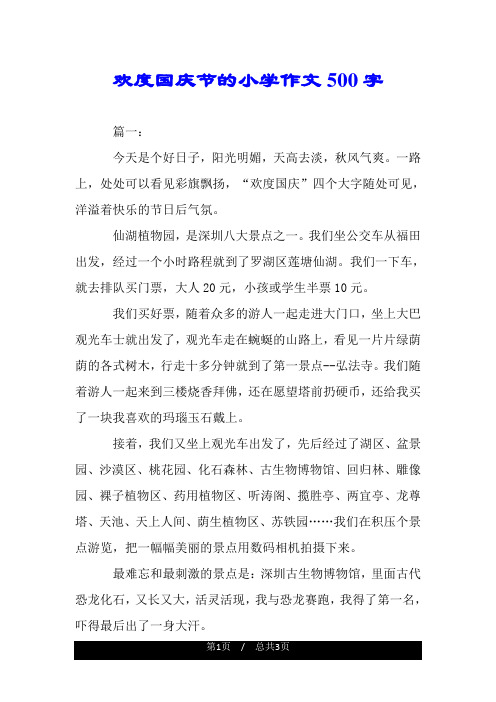中外文化差异英语作文(Cultural Differences in English Essay)
In today's globalized world, the interaction between different cultures has become increasingly frequent. Understanding the cultural differences between China and Western countries is of great significance for promoting cross-cultural communication and cooperation.

Firstly, one obvious cultural difference lies in the concept of individualism and collectivism. In Western cultures, individualism is highly valued. People are encouraged to pursue their own goals, express their unique personalities and opinions. For example, in an American classroom, students are often expected to actively participate in discussions, speak up and present their own ideas. They are taught to think independently and rely on their own efforts to achieve success. On the contrary, Chinese culture emphasizes collectivism. The interests of the group or community are usually put before those of the individual. For instance, in a Chinese company, employees may be more willing to work overtime to help the team meet a deadline or achieve a collective goal. This difference in values can lead to misunderstandings in some cases. When a Chinese person works with a Westerner, the Chinese person may focus on the group's needs and expectations, while the Westerner may prioritize their own tasks and schedules, which could cause conflicts if not properly communicated.
Another aspect of cultural difference is the attitude towards authority. In Western countries, people tend to have a more egalitarian view towards authority figures. They are encouraged to challenge authority if they believe it is wrong or unreasonable. In schools, students may openly question their teachers and engage in debates with them. In politics, citizens have the right and are even expected to voice their opinions about government policies and criticize the authorities if necessary. However, in China, respect for authority is deeply rooted in the culture. Students are taught to listen to their teachers and elders, and employees are expected to show respect and obedience to their superiors. This difference can also impact business negotiations. In a business meeting, a Chinese representative may be more likely to follow the lead of a higher-ranking official from their side, while a Western counterpart may be more willing to express their disagreement and negotiate on equal terms with anyone present.
Moreover, there are differences in communication styles. Westerners are generally more direct in their communication. They tend to express their thoughts and feelings openly and clearly. When they say "no", they mean it directly without feeling guilty or worried about hurting others' feelings. In contrast, the Chinese communication style is often more indirect. People may use euphemisms, imply meanings or read between the lines. For example, when a Chinese person declines an invitation with phrases like "I'll see" or "Let's plan another time", it might actually mean they don't want to go but don't want to offend the other person directly. This difference can sometimes lead to confusion. A Westerner may interpret the Chinese person's indirect response as an acceptance of the invitation, while the Chinese person may feel that the Westerner is too pushy or rude for not understanding their implied message.

In conclusion, the cultural differences between China and Western countries are manifested in various aspects such as the values of individualism and collectivism, the attitude towards authority and communication styles. It is important for people from both cultures to learn and understand these differences so as to avoid misunderstandings and promote harmonious cross-cultural relationships. By being aware of and respecting these cultural differences, we can better communicate, cooperate and build a more inclusive global society.




